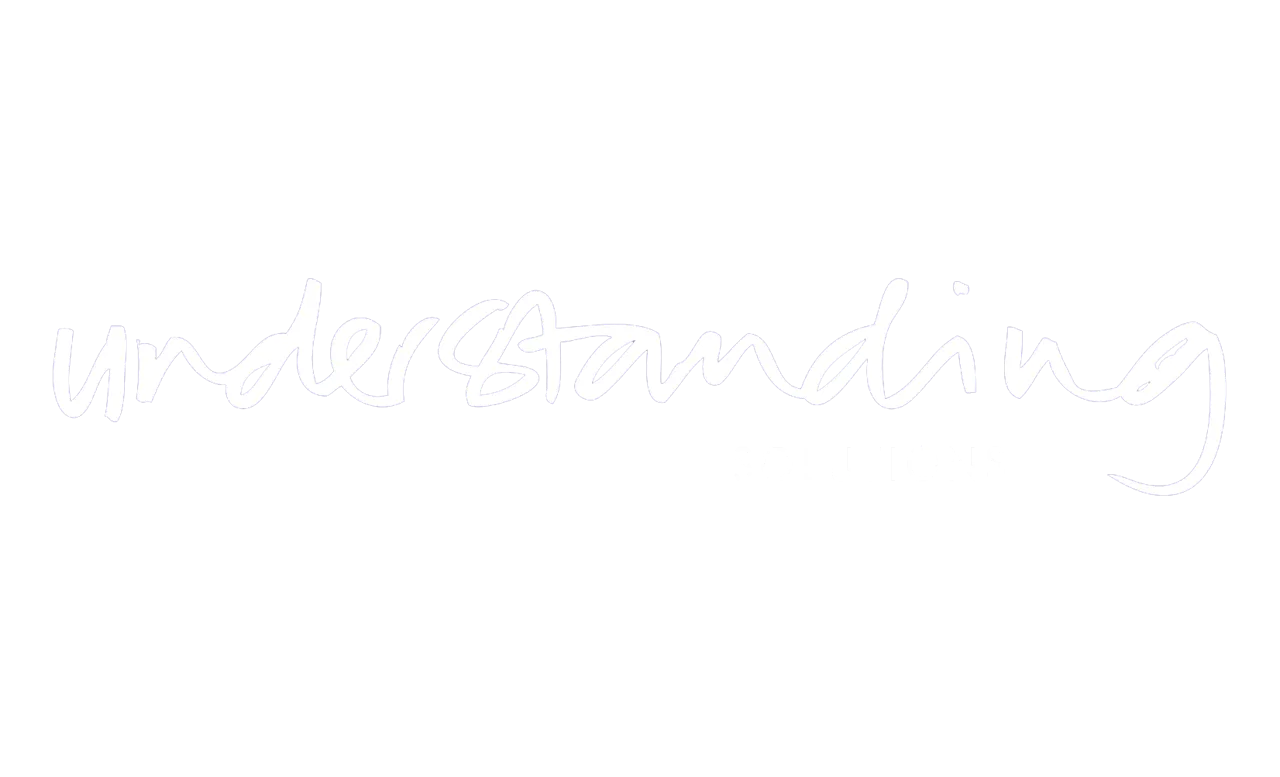Can Statement of Work (SOW) Solve IR35 Challenges?
06 Jul, 20213 min
Since IR35 came into action in April 2021, private sector organisations have had to consider the impact of IR35 rules. For many businesses, outcome-based approaches through a Statement of Work will become a big part of the consideration. When businesses along with Recruitment, HR and Procurement professionals discuss and consider the impact of IR35 in the private sector, many will make the logical jump to consider outcome-based approaches using Statement of Work as a potential solution, just like the Public Sector did in 2017.
A Statement of Work (SOW) is not new by any stretch. In the IT, Tech and Engineering sectors especially, where projects are inherently ‘outcome’ based, rather than effort-based, SOWs are commonplace. But for other industries, making the leap to an outcome-led SOW will see them enter new territory.
IR35 changes in the private sector are encouraging a different approach to contingent workforce engagement. For many businesses, hiring contracted labour is a matter of closing talent gaps, driving organisational change and implementing new technology. The situation is, for organisations with many contingent workers, laden with complexities.
An outcome-based Statement of Work has the potential answer to these, so it is no surprise that an increasing number of organisations see the future of supplying and procuring contingent workers being through a Statement of Work. It provides many benefits over simple talent delivery; cost accuracy, better accountability, clear performance measurement and greater compliance measures.
Common Statement of Work Misconceptions
1. Once you have done your homework and put in place a deliverable-based SOW, the hard work is done
This is a common misconception that ignores the fundamentals of a SOW - parties need to track measure and validate delivery against the SOW objectives, which need to be legitimately outcome and performance-based. The effort this entails, especially if the scope changes i.e. managing change requests for continued validity is where a lot of companies need expert support & guidance.
2. If you have a deliverable-based SOW in place for associates, then you have fully mitigated any IR35 risk to yourself
Simply not true. IR35 compliance is a notoriously tricky subject - but one thing is clear: the form of the agreement is important, but the substance of working practices is equally, if not more, important. Having a SOW in place but not having the infrastructure to manage achievement of deliverables, scope changes and any resulting change requests is an inherent weakness to any SOW. SOWs are not a ‘magic bullet’ solution to circumvent, remove or overcome IR35.
3. SOWs are always complex
Satisfying your or an end-clients contingent resource requirement using SOW is legitimate and valuable - when procured as a proper service outcome. You can source the best independent expertise and ensure you only pay for what they deliver. It doesn't have to be complicated; the service will be defined by the outcomes the customers require, which can equally be straightforward or complex. The key factor is where a company uses SOWs to achieve their desired outcomes, the risk of achievement is passed firmly from the customer to the supplier, along with freedom and independence to deliver accordingly.
4. You have to be an ‘expert’ in the intended outcomes to define a SOW and its deliverables
In all projects, the scope and definition of the deliverable outcomes will be underpinned by a technical and business requirement that can only really be thoroughly validated with subject matter expertise - but this is only one part of the process. The actual accuracy will be understood in the definition stage, driven by the customer, supported by the supplier. Adding value by sourcing and scoping the expertise to deliver the outcomes; plus implementing a process to track, measure and validate the service is not difficult, and can be learnt with support or outsourced.
5. SOWs are not necessary to attract the best contingent workers
Of course, they are not a necessity, but the substance of an SOW by design, along with the distribution of risk and reward between the parties that they entail, goes a long way to defining a relationship outside of employment and more akin to B2B. Increasingly, SOW will dominate the future contingent workforce marketplace and become a differentiator for those who are clearly not employees. In turn, this will create a culture of haves and have-nots within the consultancies, engineering and service-based providers who are equipped to run SOWs properly and those who are not. Statements of Work are certainly gathering momentum in the industry as a potential solution to IR35 challenges. When executed correctly, SOWs can be incredibly lucrative, providing many opportunities for growth, client development and sector performance.
A version of this blog was first published on the Worksavvy blog.
Get in Touch
Are you a client looking for assistance with your projects? Contact us for a chat. Are you an independent contractor or expert? Join our community.




